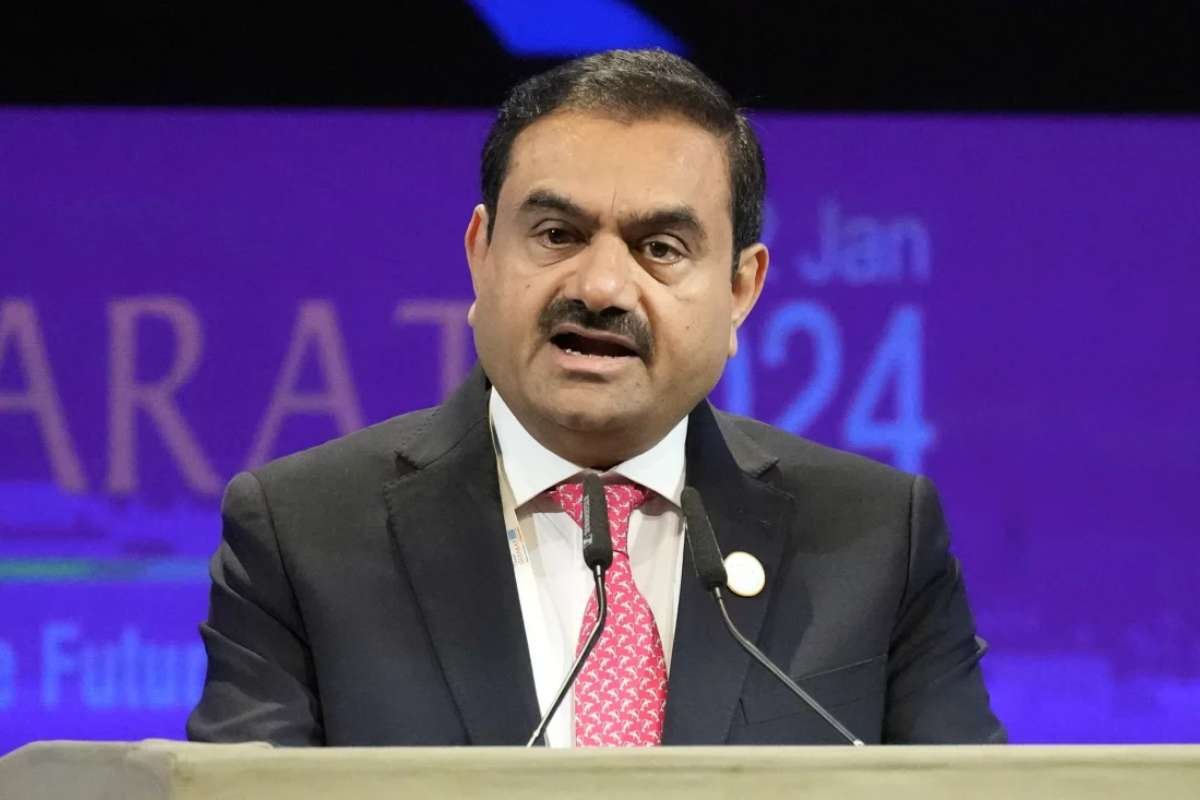Bribery Scheme to Secure Lucrative Solar Contracts
U.S. federal prosecutors have accused Indian billionaire Gautam Adani of orchestrating a $250 million bribery scheme to secure lucrative solar energy contracts in India. The indictment, unveiled in New York, alleges that Adani, chairman of the Adani Group, collaborated with associates to bribe Indian officials and later mislead investors about the scheme. Adani Group, a sprawling conglomerate with interests ranging from ports to renewable energy, stands at the center of the allegations.
According to prosecutors, Adani Green Energy, a subsidiary of Adani Group, obtained multi-billion-dollar contracts from the Solar Energy Corporation of India, allegedly through corrupt means. The indictment claims the bribes were tracked via messaging apps and PowerPoint presentations, with defendants using code names like “Numero Uno” for Mr. Gautam Adani. The scheme, initiated between December 2019 and July 2020, reportedly resulted in a $6 billion solar energy project touted as “the world’s largest solar award.”
Allegations of Investor Deception
Adani Green Energy is also accused of deceiving U.S. and global investors by issuing false claims regarding its anti-corruption practices. Prosecutors allege that in 2021, the company raised $175 million from U.S. investors through a bond offering while concealing the bribery scheme. Additionally, it secured a $1.35 billion loan and issued $750 million in bonds based on misleading information. This included a failure to disclose ongoing U.S. investigations into its operations in 2023 and 2024.
The U.S. Securities and Exchange Commission has filed a parallel civil case against the company, while one of Gautam Adani’s associates faces charges of violating the Foreign Corrupt Practices Act. Among the accused are Adani’s nephew, Sagar Adani, and company executive Vneet Jaain, who allegedly tracked bribe details and manipulated bidding processes. Canadian institutional investors, initially backing Adani Green Energy, are also implicated for their involvement in obstructing the investigation.
Political Connections and Broader Implications
Gautam Adani’s close ties with Indian Prime Minister Narendra Modi have drawn scrutiny amid the scandal. Critics argue that Adani Group’s dominance in infrastructure and energy markets has been bolstered by favorable policies and preferential treatment. Notably, the Solar Energy Corporation of India’s inability to find buyers for expensive energy generated by Adani’s contracts highlights the broader economic repercussions of the alleged scheme.
Adani’s rise to prominence mirrors India’s economic liberalization in the 1980s, though allegations of fraud have tarnished his image in recent years. In 2023, U.S.-based Hindenburg Research accused the conglomerate of accounting fraud and stock manipulation, causing its market value to plummet. Adani Group has consistently denied such claims.
As this legal battle unfolds, the case underscores the broader implications of international anti-bribery enforcement. The Foreign Corrupt Practices Act has previously ensnared major corporations like Siemens and Petrobras, resulting in substantial penalties. The Gautam Adani case now spotlights one of the most influential figures in Indian business, potentially impacting investor confidence in emerging markets.









